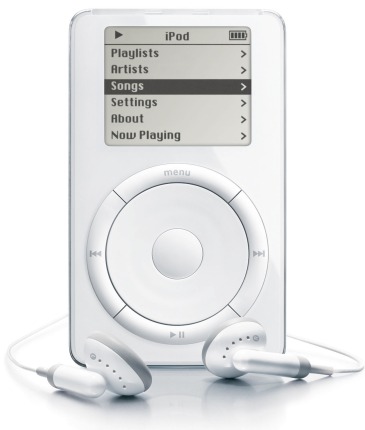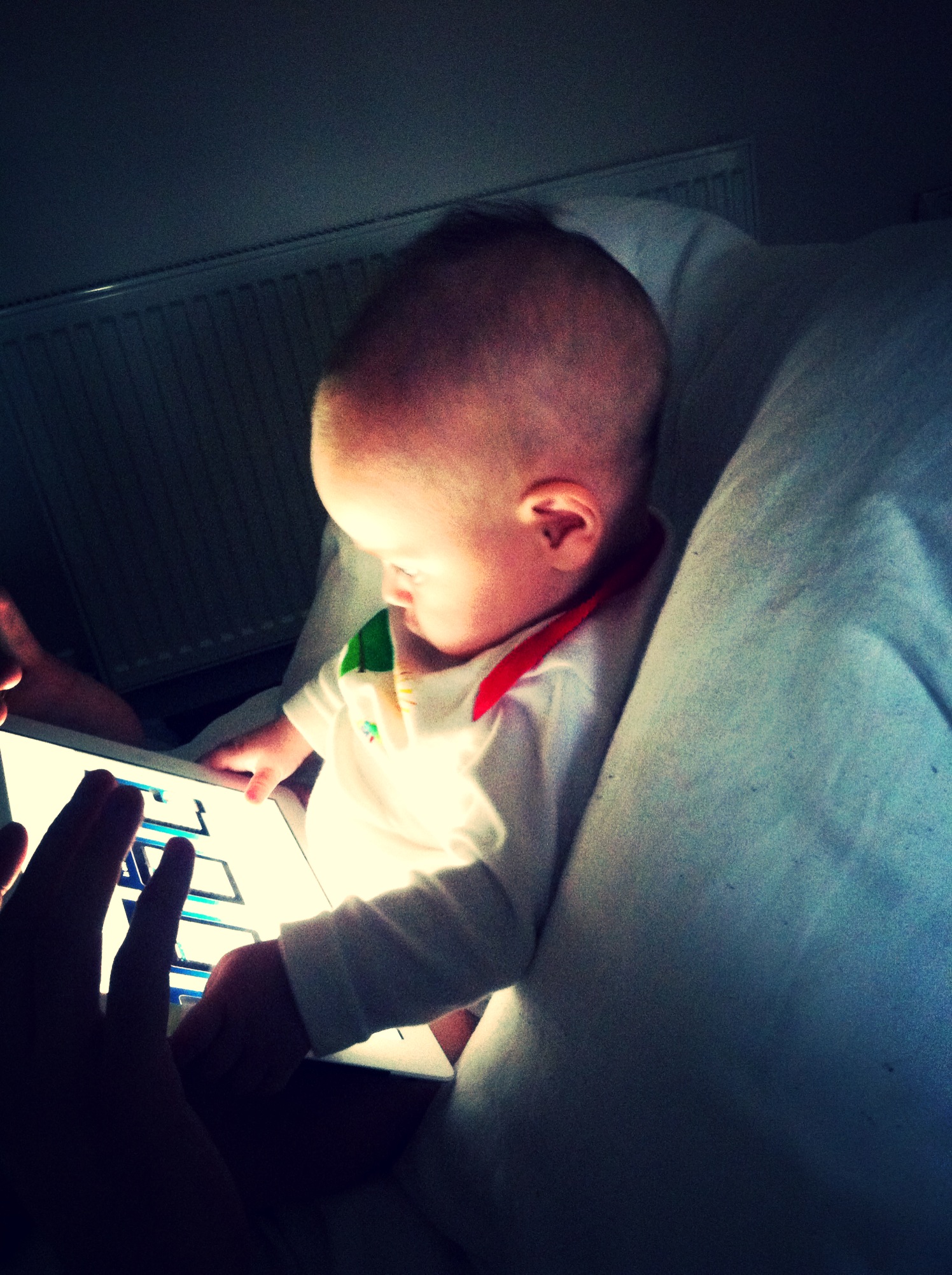Steve Jobs, a catalyst for innovation or a poster boy for the digital revolution?
User experience; Pursuit of perfection, by David Hunt
Where does the late Steve Jobs sit amongst the greatest minds of our time? Is he simply the poster-boy for the global culture of innovation? Or is he the catalyst that inspired a generation to think differently?

He didn’t create the Internet, he didn’t create the MP3, he did not invent the mobile phone, but does that lessen his impact or contribution to the digital revolution? Through his pathological commitment to a customer-centric approach, he took alien and complex concepts and brought them into the main-stream. He was the perfect foil to a software engineer, able to take “black magic” and make it simply magic.
His impact is significant; he challenged conventions and improved our lives. He didn’t look at what the competition did, he looked at what they didn’t do. He saw things differently. He knew what people wanted and he fulfilled the need, in terms of product, positioning and marketing.
His products were the best. He had the vision to challenge conventions and he had the obsession to shape every detail. His solutions weren’t defined by rules or existing boundaries, but by form, and experience. Whilst the design & integration of his products were flawless, product semantics were at the heart of their success, providing complete alignment with a user’s instincts. We didn’t have to learn how to work his products, they learnt how we work. Consumers may choose an Apple product because it is pioneering, it is desirable, it is premium – I choose Apple because of the experience. It is an extension of me. Every detail considered around my needs; from the physical interaction to the seamless interface, driven by a deep rooted desire to exceed my expectations.
He defined product classes. Apple did not produce the first smart phone, or first MP3 player, but they did bring them to the public conscious. His product positioning was flawless, (unlike some). He could bridge the gap between technology and need. He would take an idea and make it relevant. There are those that can create technology, and there are those that know how to use it, Steve Jobs was the latter and his impact all the greater.
Was Steve Jobs a marketing expert? In 1983 he didn’t think so. In hiring John Sculley from Pepsi to become CEO of Apple, he highlighted the value he placed on marketing & communications, but an unusual lack of personal belief. Those in his presence, and the wider world would disagree, citing his “reality distortion field” – an ability to make the impossible, seam possible. Despite the economic challenges of the past decade, Apple has continued to succeed. Many wrongly believe that in austere times a cut in sales & marketing drives profit, Apple have baulked this trend and proven the wisdom of communications to maintain long-term success.
It is impossible to say where the world would be without Steve Jobs and Apple. However, I would speculate that whilst the technology would exist, the benefit it brings would only be enjoyed by engineers & technicians, the wider society would be oblivious to the benefits of “black magic”.
“Here’s to the crazy ones. The misfits. The rebels. The trouble-makers. The round pegs in the square holes. The ones who see things differently…they change things. They push the human race forward. And while some may see them as the crazy ones, we see genius.”
– Steve Jobs
References:
– http://en.wikipedia.org/wiki/Steve_Jobs
– Jobs [Movie, 2013]
– Steve Jobs, by Walter Isaacson
– Keep It Simple: The Early Design Years of Apple by Hartmut Esslinger
Sent from my iPad

